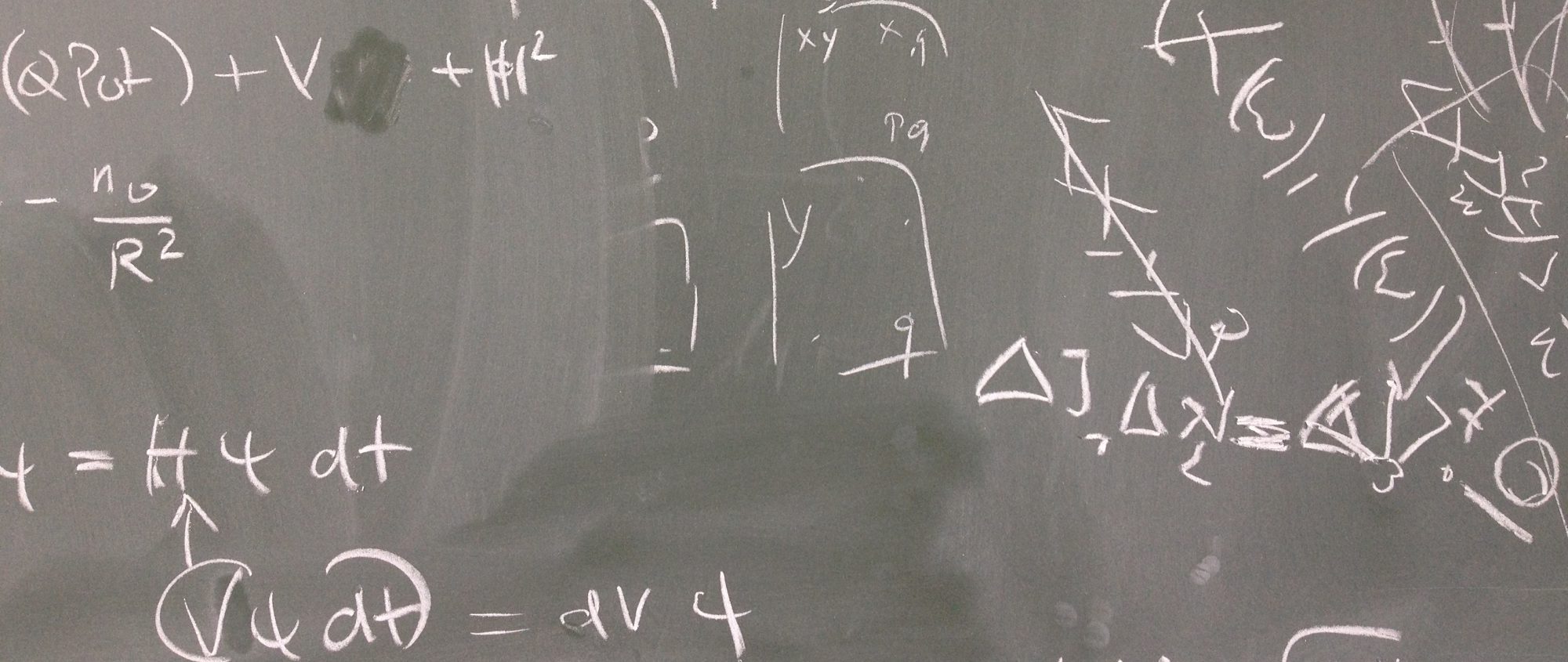The word “decoherence” is a typical physicists’ invention and needs some context to understand it. “To decohere” means “to become less and less coherent” or “to lose coherence”. In the quantum physics context (and probably only in this one), the word “coherence” is related to typical quantum features like interference and superposition — indeed the features that make quantum objects behave in a “non-classical” way. (Avoid to think of “incoherent” behaviour here.) During the process of decoherence (see details in this post), these features “get lost” and the system is behaving in a “more classical” way. From a naive observer’s perspective, a “more classical” behaviour could also be called “more coherent” in the sense of “more intelligible” – a possibility that adds up to the potential confusion. If we see in decoherence a process that “classifies” a system (make it more classical) – we get to the alternative wording “classification”, although that word is already occupied with another meaning.


Interpretations of Quantum Mechanics
lecture snippets from University of Potsdam, Germany